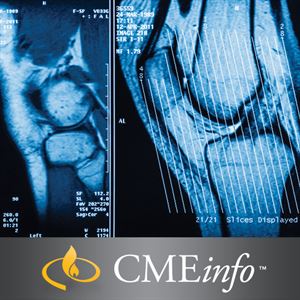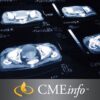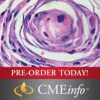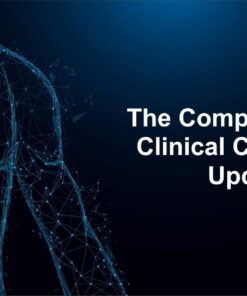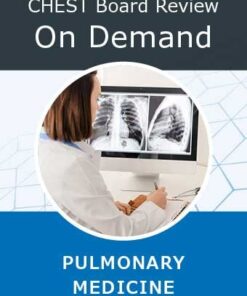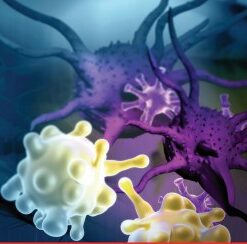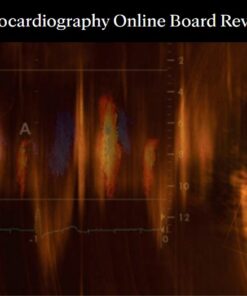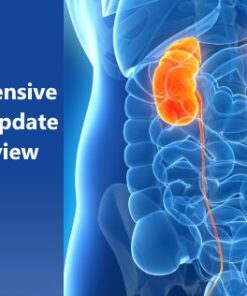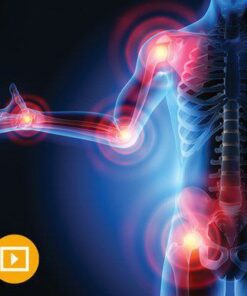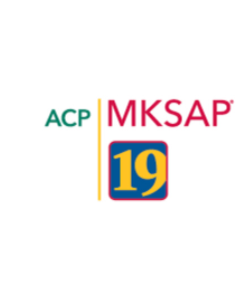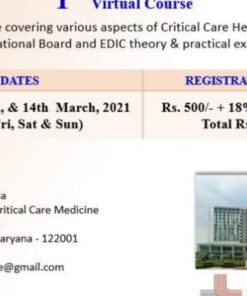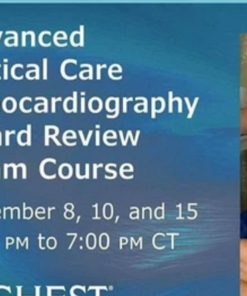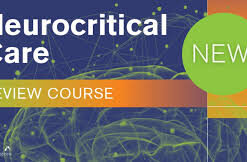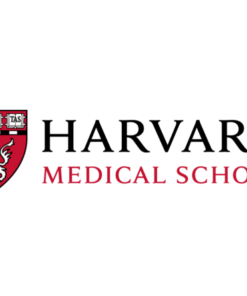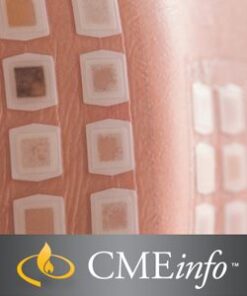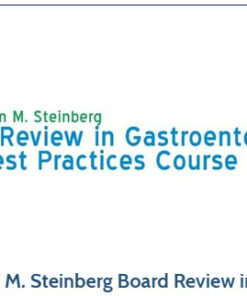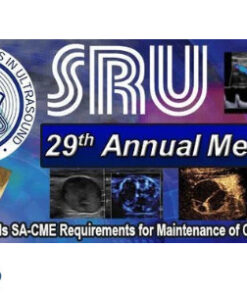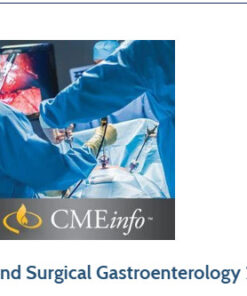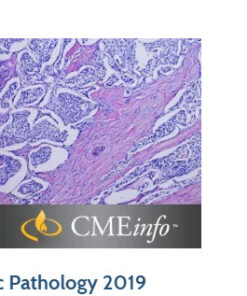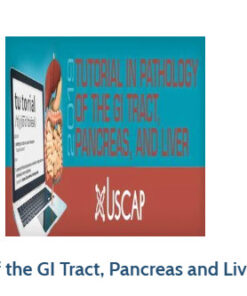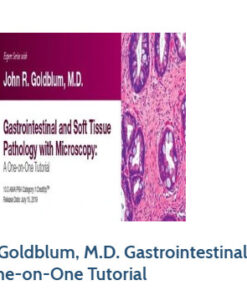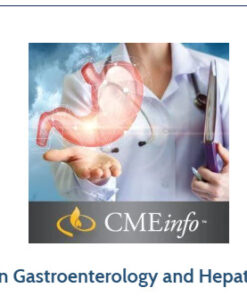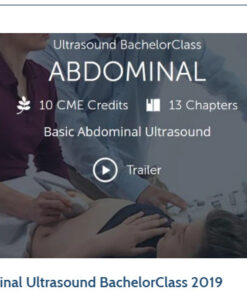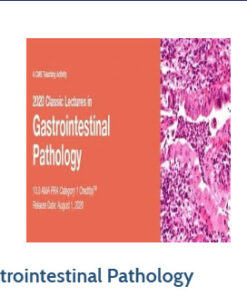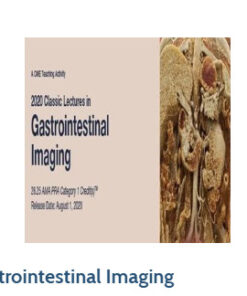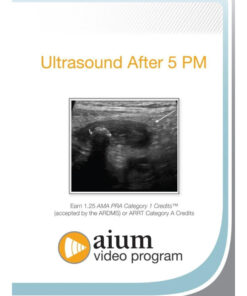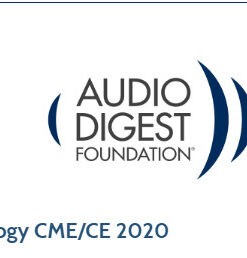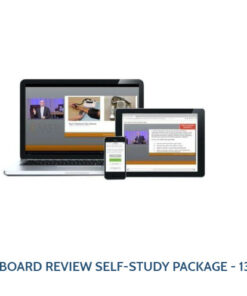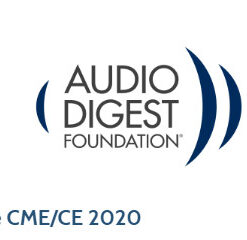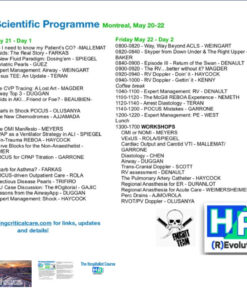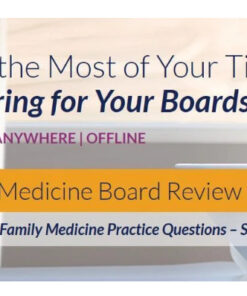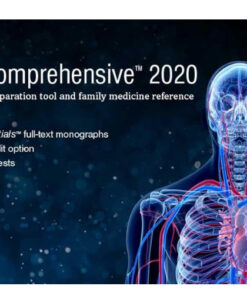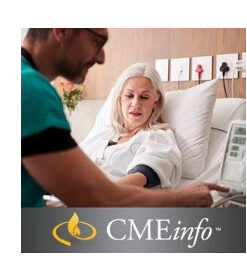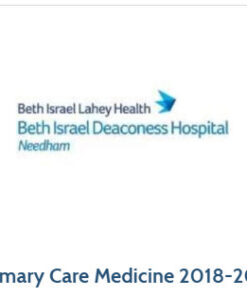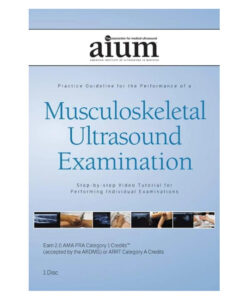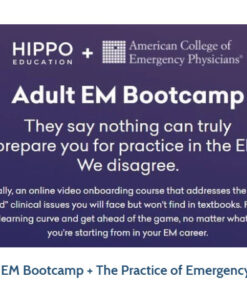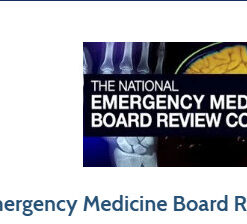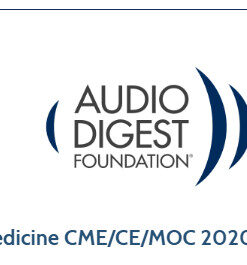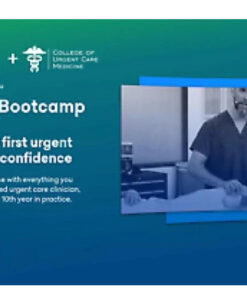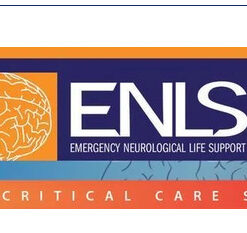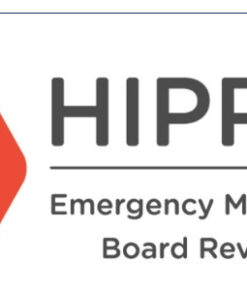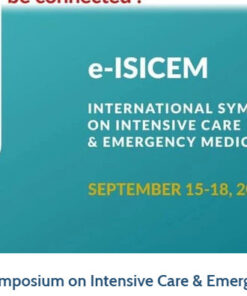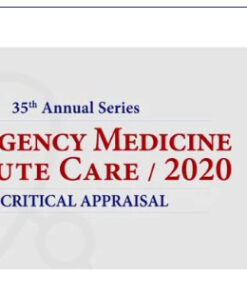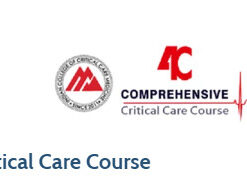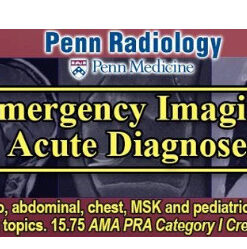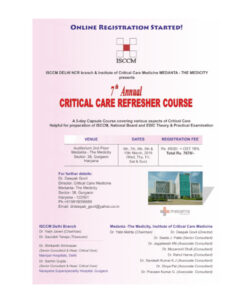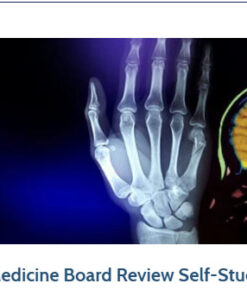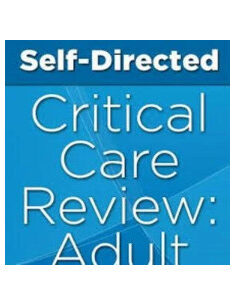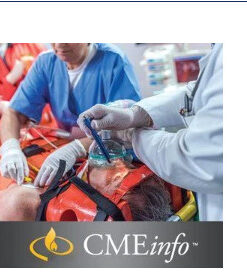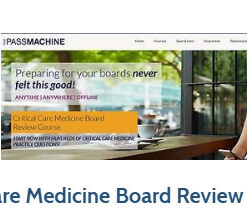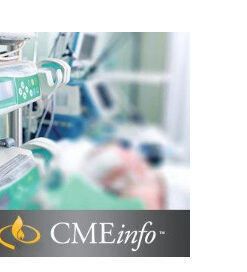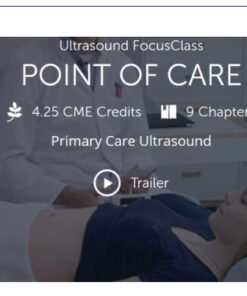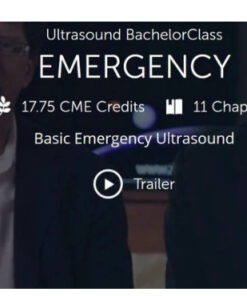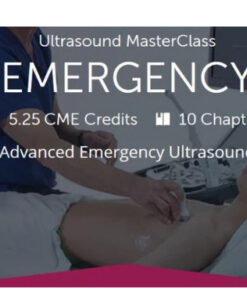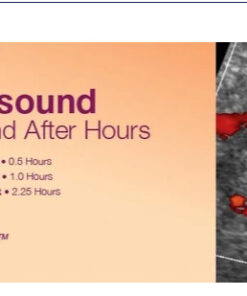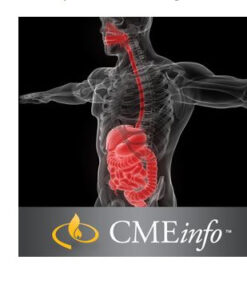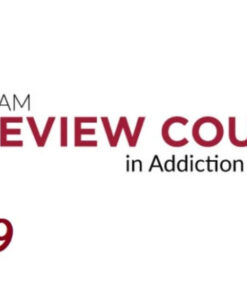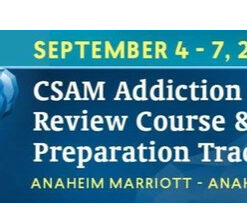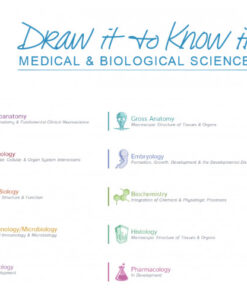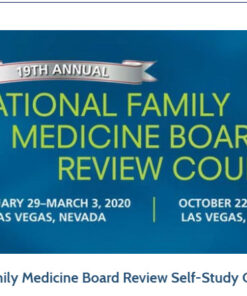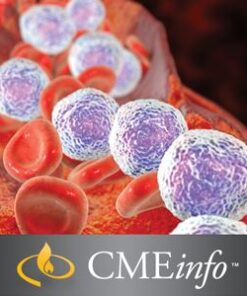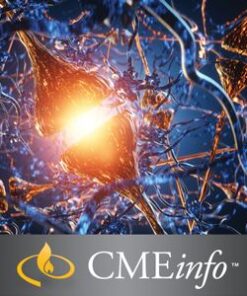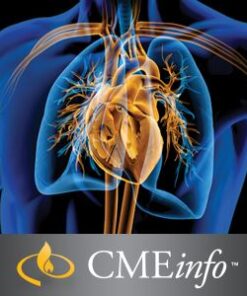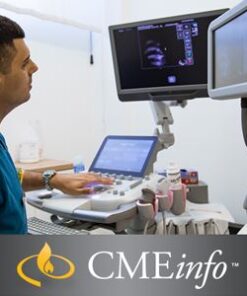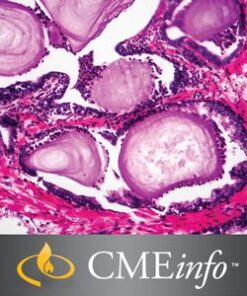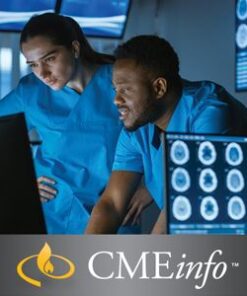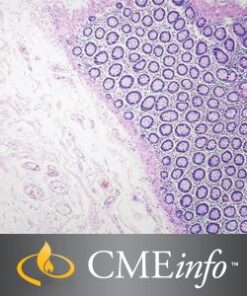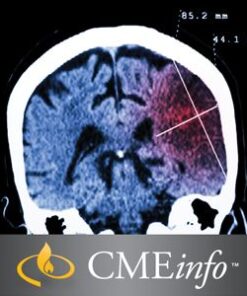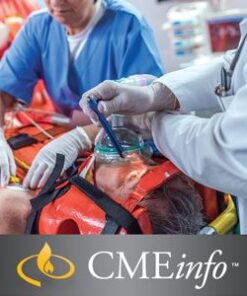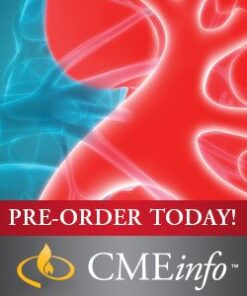- Use optimized protocols for imaging of the musculoskeletal system, including suppression of metal hardware in patients with joint replacements
- Understand the MRI anatomy of the shoulder, digits, hip, knee and ankle
- Identify abnormalities of the joints, muscles, bone marrow and cartilage on MRI and their clinical significance
- Recognize common bone tumors with a pertinent differential diagnosis
- Identify suitable protocols and recognize abnormalities of cervical spine trauma
- Use optimized protocols for imaging of the musculoskeletal system, including protocols used to suppress metal hardware in patients with joint replacements
- Understand the MRI anatomy of the shoulder (with SAC), digits, hip, knee and ankle
- Be familiar with abnormalities of bone marrow, osteochondral disease, and traumatic injuries of muscle and bone
- Recognize typical features of cervical spine trauma
- Identify abnormalities and imaging pitfalls of the joints, muscles, bone marrow and cartilage on MRI and their clinical significance
- Recognize common bone tumors with a pertinent differential diagnosis (with SAC)
- ACL Reconstruction – Matthew D. Bucknor, MD
- Elbow Injuries in Athletes – Matthew D. Bucknor, MD
- Radiographic Checklist for Hip Impingement – Matthew D. Bucknor, MD
- Three Tough Topics in the Foot/Ankle – Matthew D. Bucknor, MD
- Digital MRI: The Fingers and Toes – John F. Feller, MD
- Imaging of Cervical Spine Trauma – John F. Feller, MD
- MRI Following Joint Arthroplasty – John F. Feller, MD
- Bone Marrow – Thomas M. Link, MD, PhD
- Bone Tumors – Thomas M. Link, MD, PhD
- Cartilage and Osteochondral Disease – Thomas M. Link, MD, PhD
- Inflammatory Arthropathies – Thomas M. Link, MD, PhD
- MRI of Pelvic Tendons – Mini N. Pathria, MD
- Nerve Entrapment – Mini N. Pathria, MD
- Stress Injury of Bone – Mini N. Pathria, MD
- Traumatic Muscle – Mini N. Pathria, MD
- Meniscal Pearls and Pitfalls – Lynne S. Steinbach, MD
- Pitfalls in Shoulder MRI – Lynne S. Steinbach, MD
- Traumatic Shoulder Instability – Lynne S. Steinbach, MD
- Format: 18 Video Files (.mp4 format) + 2 PDF files.
- File Size: 8.64 GB.
- ==========================+======================
-
Note : We will send ebook download link after confirmation of payment via paypal success
Payment methods: Visa or master card (Paypal)
UCSF Musculoskeletal MRI 2018 (Videos+PDFs)
Optimize Diagnostic Skills
A comprehensive state-of-the-art update, UCSF Musculoskeletal MRI provides a review of pertinent anatomy and pathology of each joint, highlights the newest available sequences in cartilage lesion evaluation, and discusses optimized protocols with 1.5T and 3T MR units. Additional discussions cover bone and soft-tissue tumors, and bone marrow and muscle pathology. It will help you to better:
Discover New Guidelines
This learn-at-your-own-pace CME course in radiology provides up to 12 AMA PRA Category 1 Credits ™. Get online access to unbiased, evidence-based content and case-based reviews so you can expand your knowledge and incorporate the latest guidelines into your daily practice.
Accreditation
The University of California, San Francisco School of Medicine (UCSF) is accredited by the Accreditation Council for Continuing Medical Education (ACCME) to provide continuing medical education for physicians.
Designation
UCSF designates this educational activity for a maximum of 12 AMA PRA Category 1 Credits ™. Physicians should claim only the credit commensurate with the extent of their participation in the activity. The total credits are inclusive of 12 in MR.
Series Release: May 1, 2018
Series Expiration: April 30, 2021 (deadline to register for credit)
CME credit is obtained upon successful completion of an activity post-test and evaluation, as well as payment of a $45 processing fee. CME Credit registration forms must be submitted prior to series expiration date. Certificates will be dated upon receipt and cannot be dated retroactively.
Learning Objectives
After viewing this activity, participants will demonstrate the ability to:
Intended Audience
The activity was planned for diagnostic radiologists, orthopedic surgeons, sports medicine physicians, and MRI technologists with some basic or intermediate knowledge of musculoskeletal MRI who want to increase their knowledge to a more advanced level.
Topics/Speaker:
Related Products
CARDIOLOGY BOOKS
CARDIOLOGY BOOKS
Internal Medicine Videos
2022 AANEM Spring Virtual Conference Collection 2022 (CME VIDEOS)
Internal Medicine Videos
The International Congress Of Parkinson and Movement Disorder 2022 (MDS Congress) (CME VIDEOS)
GENERAL PEDIATRICS
Chestnet Pediatric Pulmonary Board Review On Demand 2022 (CME VIDEOS)
INTENSIVE CARE BOOKS
Chestnet Critical Care Board Review On Demand 2022 (CME VIDEOS)
Internal Medicine Books
Internal Medicine Books
The PassMachine Medical Oncology Board Review 2020 (v5.1) (Beattheboards) (Lectures)
Internal Medicine Books
8th Congress of the European Academy of Neurology – Europe 2022 (CME VIDEOS)
Internal Medicine Books
MD Anderson A Comprehensive Board Review in Hematology and Medical Oncology 2021 (CME VIDEOS)
Internal Medicine Videos
CARDIOLOGY BOOKS
Mayo Clinic Echocardiography Online Board Review 2022 (CME VIDEOS)
Internal Medicine Videos
Internal Medicine Books
Internal Medicine Books
The PassMachine Addiction Medicine Board Review 2022 (v3.1) (Beattheboards) (Lectures)
Internal Medicine Videos
Internal Medicine Videos
Internal Medicine Videos
Internal Medicine Videos
The Brigham Board Review and Comprehensive Update in Rheumatology 2022 (CME VIDEOS)
Internal Medicine Videos
Contemporary Issues in Breast Pathology uscap 2022 Items Included in the Purchase of this Course
Internal Medicine Videos
Internal Medicine Videos
Internal Medicine Videos
Internal Medicine Videos
Internal Medicine Videos
CHEST Advanced Critical Care Echocardiography Board Review Exam Course Virtual Event 2020
Internal Medicine Videos
Internal Medicine Videos
Internal Medicine Videos
Internal Medicine Videos
Cleveland Clinic Digestive Disease and Surgery Update OnDemand 2019
Internal Medicine Videos
GI BOARD REVIEW (The William M. Steinberg Board Review in Gastroenterology)
Internal Medicine Videos
Internal Medicine Videos
Johns Hopkins Review of Medical and Surgical Gastroenterology 2018 (Videos+PDFs)
Internal Medicine Videos
Internal Medicine Videos
Internal Medicine Videos
USCAP Tutorial in Pathology of the GI Tract, Pancreas and Liver 2019
Internal Medicine Videos
Internal Medicine Videos
The Brigham Board Review in Gastroenterology and Hepatology 2018
Internal Medicine Videos
Internal Medicine Videos
2019 Classic Lectures in Pathology What You Need to Know Pancreatobiliary Pathology
Internal Medicine Videos
2019 Classic Lectures in Pathology What You Need to Know Gastrointestinal Pathology
Internal Medicine Videos
Internal Medicine Videos
Internal Medicine Videos
Internal Medicine Videos
Internal Medicine Videos
AAFP FAMILY MEDICINE BOARD REVIEW SELF-STUDY PACKAGE – 13TH EDITION 2020
Internal Medicine Videos
Internal Medicine Videos
Internal Medicine Videos
Internal Medicine Videos
Internal Medicine Videos
Internal Medicine Videos
Internal Medicine Videos
Internal Medicine Videos
Internal Medicine Videos
Internal Medicine Videos
2019 Association for Community Health Improvement (ACHI) National Conference
Internal Medicine Videos
A Core Curriculum in Adult Primary Care Medicine 2018-2019 Lecture Series
Internal Medicine Videos
2019 Classic Lectures in Pathology What You Need to Know Endocrine Pathology
Internal Medicine Videos
Introduction to Adult EM Bootcamp + The Practice of Emergency Medicine (Hippo) 2020
Internal Medicine Videos
CCME The National Emergency Medicine Board Review course 2020
Internal Medicine Videos
Internal Medicine Videos
Internal Medicine Videos
Internal Medicine Videos
Internal Medicine Videos
ISICEM International Symposium on Intensive Care & Emergency Medicine 2020
Internal Medicine Videos
CCME Emergency Medicine & Acute Care: A Critical Appraisal Series 2020
Internal Medicine Videos
Internal Medicine Videos
Internal Medicine Videos
Internal Medicine Videos
CCME National Emergency Medicine Board Review Self-Study 2019 (Videos)
Internal Medicine Videos
Internal Medicine Videos
Internal Medicine Videos
The Passmachine Critical Care Medicine Board Review Course 2018
Internal Medicine Videos
Internal Medicine Videos
Internal Medicine Videos
Internal Medicine Videos
Internal Medicine Videos
Internal Medicine Videos
Internal Medicine Videos
Internal Medicine Videos
Internal Medicine Videos
Internal Medicine Videos
Internal Medicine Videos
The National Family Medicine Board Review Self-Study Course 2020
Internal Medicine Videos
The Brigham and Dana-Farber Board Review in Hematology and Oncology 2020 (Videos+PDFs)
Internal Medicine Videos
Internal Medicine Videos
Internal Medicine Videos
Internal Medicine Videos
The Brigham Board Review in Pulmonary Medicine 2020 (Videos+PDFs)
Internal Medicine Videos
Internal Medicine Videos
Internal Medicine Videos
Internal Medicine Videos
Internal Medicine Videos
Internal Medicine Videos
36th Annual UCLA Intensive Course in Geriatric Medicine and Board Review 2020 (Videos+PDFs)
Internal Medicine Videos
Need-to-Know Emergency Medicine: A Review for Physicians in a Hurry 2020 (Videos+PDFs)
Internal Medicine Videos
Internal Medicine Videos

